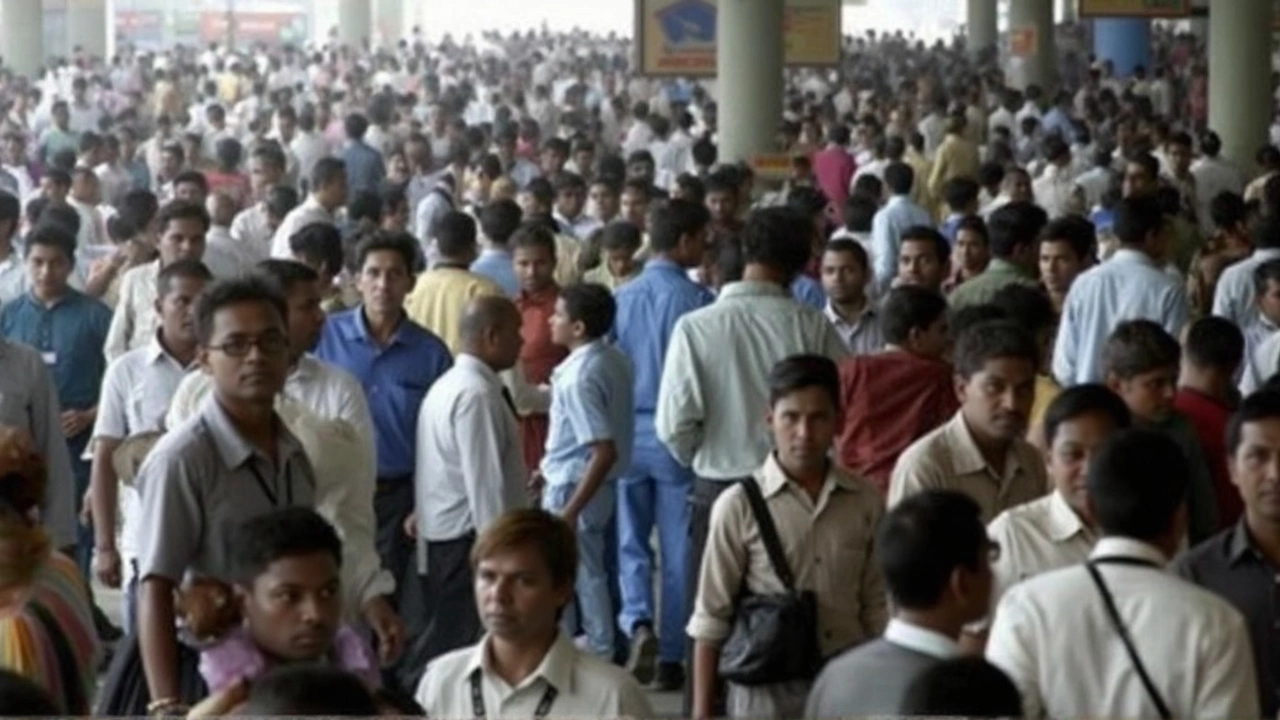8 Billion and Counting: Why Earth's Growing Population Matters
When the world’s population clicked past the 8 billion mark in 2022, it wasn’t just a number to celebrate or marvel at—it turned a spotlight on a bunch of urgent problems that are not going anywhere on their own. Adding about 65 million people in just a single year, that's like plopping down another country almost the size of France onto the planet. Pretty wild, right?
This number doesn’t just live in textbooks or UN reports. You can see it playing out in shrinking forests, vanishing animal species, rivers running low, and cities ballooning faster than planners can keep up. Earth simply isn’t getting any bigger, so every new baby means an extra slice out of the same global pie—land, water, food, and energy.
Biodiversity Loss, Water Worries, and the Urban Boom
The world population explosion is speeding up some pretty scary consequences. When more people need housing, farmland, and roads, forests and grasslands shrink. The UN says up to a million species could disappear soon—think bees for pollination, birds that keep pests in check, and fish that feed millions. That’s not just bad news for animals. It’s a direct hit to food security, livelihoods, and even medicine.
Let’s talk water. With more mouths to feed and cities bursting at the seams, freshwater is getting harder to find. Climate change just piles on—longer droughts dry up rivers, while floods spoil the little that's left. Places that used to take water for granted now ration every drop. This isn’t just about thirst; it’s about what goes onto your plate and whether crops survive changing rains.
Cities are dealing with a population boom like never before. The UN expects around 68% of us to live in urban areas by 2050. Urban sprawl eats up green space, puts stress on transport and housing, and often leaves families living in overcrowded conditions without clean air or water. Meanwhile, more people are moving from rural areas and even across borders, searching for better lives as farming gets tougher and jobs disappear.
None of these problems stand alone. They work together, like a tangled knot. Fast-growing populations fuel climate pressures, which worsen inequalities—often nudging more migration and urban crowding. The UN keeps hammering home the point: if we want a fair shot at the future, it’s time for joined-up thinking. Population growth, climate action, and making sure development helps everyone—they all need to be tackled together, not in silos.
